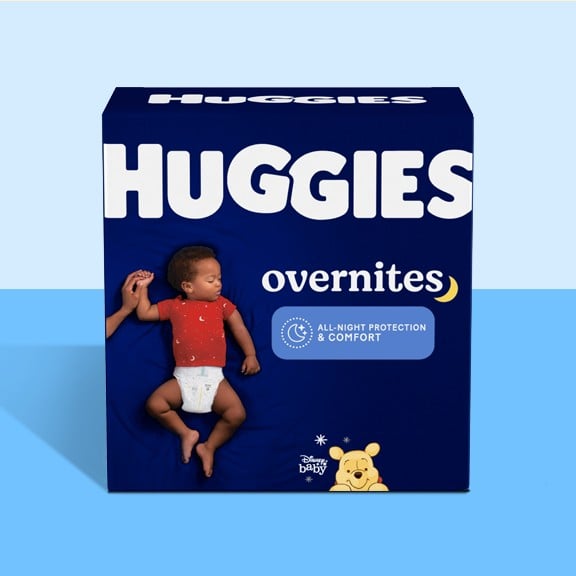Your newborn baby: growth issues
You may be asked other questions about your baby’s behavior and development. A very sleepy baby who doesn’t seem interested in feeding may need to be awakened and encouraged to feed.
Consistent poor weight gain might mean your baby needs to be checked for underlying illness or conditions.
Some babies do take a while to start gaining weight – in the majority of cases it’s not a serious issue. But it shouldn’t be ignored.
Your growing baby: growth issues
If you’re concerned about your baby’s weight, talk to your healthcare provider before making changes to their diet and whether you need to do anything differently.
Your toddler: growth issues
Ask your pediatric provider to take weight and height measurements and compare them with previous figures. They probably have recorded these trends already on a growth chart in your baby’s records.
If your baby’s healthcare provider thinks there’s an issue you’ll be asked:
- About your toddler’s appetite. Are they eating well and have a good selection of different foods?
- About your toddler’s health. Have they recently been ill? Growth can tend to slow before during and after an illness.
- What your family’s general growth patterns and sizes are, as growth patterns tend to run in families.
Frequently asked questions
Milk is a needed food and drink, but if toddlers drink too much, it leaves less room for other foods. Toddlers that love milk often drink large volumes and it’s easy to do, especially if still using a bottle.
Transition away from the bottle to a sippy cup and cut down on the milk. Have more solids, especially high calorie ones like wholegrain bread, pasta, rice, and potatoes. Too much milk can mean your toddler misses out on other nutrients, like iron.
The information of this article has been reviewed by nursing experts of the Association of Women’s Health, Obstetric, & Neonatal Nurses (AWHONN). The content should not substitute medical advice from your personal healthcare provider. Please consult your healthcare provider for recommendations/diagnosis or treatment. For more advice from AWHONN nurses, visit Healthy Mom&Baby at health4mom.org.







